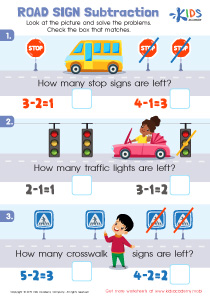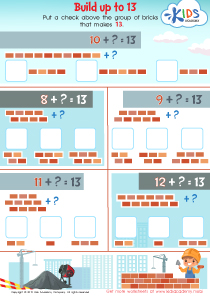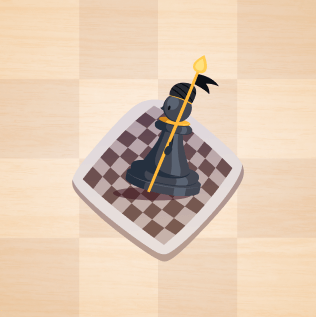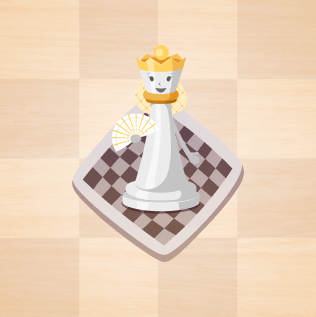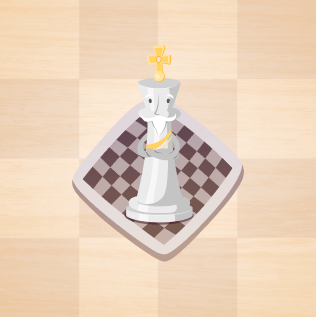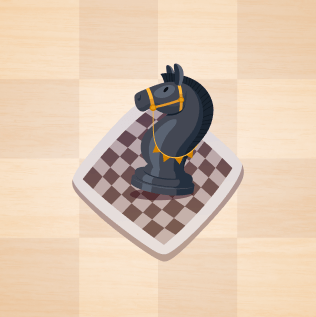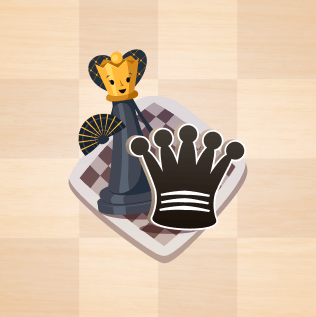Chess Lessons - Page 2
35 results
Chess is a fascinating game that has been capturing the imaginations of children and adults alike for centuries. Not only is it an engaging pastime, but it is also a game that can offer numerous benefits to children as they develop both academically and socially. Here, we will explore how Chess Lessons, specifically designed for preschoolers, kindergarteners, and Grades 1-3 students, can be incredibly beneficial to their studies with the inclusion of interactive worksheets, educational videos, and assessment quizzes.
The game of chess has long been recognized as a cognitive enhancer, providing people with the tools to think strategically, analyze scenarios, and plan their next steps. Studies have shown that playing chess can improve critical thinking, problem-solving, and decision-making skills, and these important skills can be applied in various areas of life, including academic studies. With Chess Lessons, students in preschool, kindergarten, and Grades 1-3 can hone their cognitive skills and apply them to other areas of study.
The interactive worksheets that supplement the Chess Lessons are excellent tools for engaging and educating young learners. By using interactive puzzles, games, and challenges, children can learn how to identify key chess pieces, learn different moves and strategies, and understand the rules and objectives of the game. Such activities help to develop their cognitive skills, including observation, analysis, and decision-making, which are vital for academic success.
In addition to interactive worksheets, educational videos can be a powerful tool for introducing young learners to the game of chess. These videos can provide introductory or supplemental content that can help children understand the complex strategies and concepts involved in chess play. Educational videos can help to enhance students' visual learning skills and develop their listening and comprehension abilities, allowing them to better understand and internalize the different elements of the game.
Another important aspect of Chess Lessons is the assessment quizzes that aid in evaluating a student's understanding of the game. These quizzes can help teachers determine what areas a particular student may need additional support and guide their instruction. Moreover, assessment quizzes give kids a sense of accountability and strengthen their motivation to learn, further promoting positive learning outcomes.
Moreover, the social benefits of playing chess should also not be overlooked. Chess promotes sportsmanship, respect for others' opinions, and encourages teamwork even when playing an independent game. This aspect of the game's learning process can benefit children throughout their academic careers, as it improves their social skills and fosters a sense of cooperation and respect.


